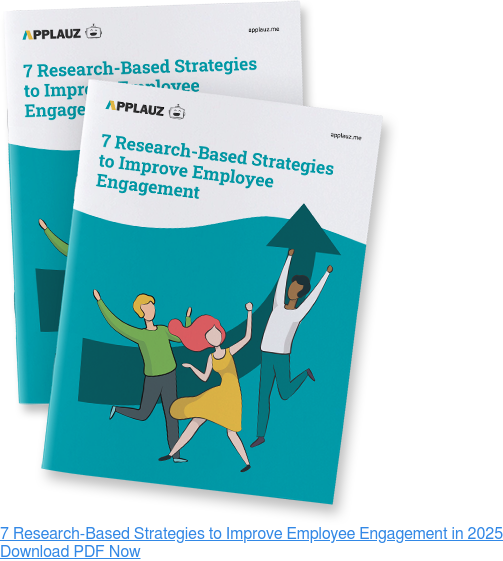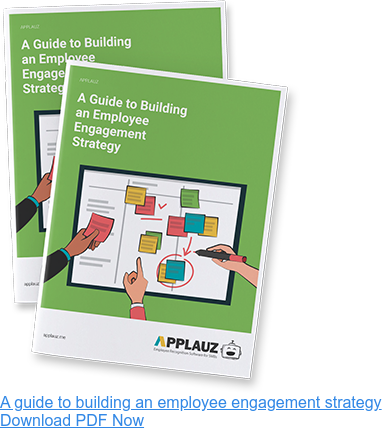Have you ever been in a relationship—whether platonic, romantic, or professional—that was inherently unhealthy—one characterized by negativity, chronic stress, and contempt.
 It’s a terrible place to be, but when you think about it, relationships don’t usually begin that way. Most, over time, slowly slide into toxicity.
It’s a terrible place to be, but when you think about it, relationships don’t usually begin that way. Most, over time, slowly slide into toxicity.
Common factors that give rise to these dysfunctional patterns: poor communication, no humor, apathy, ingratitude, lack of consideration, rudeness, and more.
You can apply this idea to a business environment. Upon launching a new business, most young entrepreneurs are full of optimism and hope for their company and future employees. No one sets out to foster a business environment of toxic negativity. However, many businesses end up sliding in that direction for similar reasons, as in our relationship example above.
As a result, it’s incumbent on executives of any business to consciously develop an environment that is positive, open, uplifting, and healthy.
That said, we will look at some common strategies and actionable tips you can start doing today to build a healthier present and future for your small business. Your company culture and your bottom line depend on it!

Encourage Fun
Work is called “work” for a reason. Realistically, it’s not always fun. Some would say work as a concept is the antithesis of fun. Sometimes you have to buckle down and work hard to get things. But our professional lives don’t exist in a vacuum. Just because we are at “work” doesn’t mean that you can’t be playful and have a good time, especially if you love what you do.
Moreover, encouraging an environment where people feel like they can indeed be their authentic selves is essential. People want to be seen for who they are in all areas of life.
So make sure your employees feel like they can let their personality shine in the workplace. A little humour always works wonders to liven things up and let everyone know they can feel comfortable being themselves.

Show Gratitude
Showing gratitude never goes out of style, especially for the most fundamental tasks which often get taken for granted. Think about if your roommate or spouse said a simple “thanks a lot” for doing the dishes. It’s a basic everyday task, but it would still feel great to have our efforts acknowledged.
Creating an atmosphere of positivity and support starts with showing gratitude for employee contributions, big and small. This attitude quickly becomes infectious as employees will be more likely to open up and show appreciation to their peers as well.
Number of workers
Having a small team with a large workload can be tricky to manage. If an employee feels that they are doing the work of two or more people without there being a valid reason for doing so, it can lead to distress, stress, and ultimately, burnout.
That is if they even stay in their post long enough to get to that point. The goal is to keep your talent happy, positive, and productive, not drive them out the door.
If the members of your team feel like their role is an important one, and know what they’re working towards, doing a little (or a lot) of extra work makes sense and is accepted within the framework of the bigger picture.
 Training Opportunities
Training Opportunities
Chances are, the members of your team have different areas of expertise and different levels of education. An excellent way to make entry-level employees engaged in their position is by providing them with training from the more experienced members of the team.
Employees working on a career plan will see these arrangements as a valuable element, and it is not only the entry-level employee that benefits but the more experienced one too, as it is common knowledge that one might learn by having to teach.
A career plan is something each employee should be encouraged to think about continuously. Considering where their career is heading will give direction and meaning in the responsibilities of their current role. It also lets them think about the things you’re doing to help them be better at what they do.
Listen to everyone’s ideas
Small businesses should leverage the power of their size.
Small businesses have a distinct advantage over larger companies due to their size; that is the ability to communicate between teams and individuals easily. Perhaps you can even get everyone physically in the company into the same room for a meeting. That is a considerable advantage to fueling creativity and idea generation.
It would be beneficial, then, if small businesses leveraged the power of a small team and made sure that everybody’s ideas are heard and considered. Being able to remain open-minded to ideas from people on every level fosters an environment of mutual respect for everyone's capabilities and intelligence. There’s no such thing as one person knowing it all. So management should stay humble and open to everybody’s ideas.

Recognize hard work
Building a positive environment and recognition go hand-in-hand. As stated earlier, people always appreciate a simple “thank you” even for the most mundane daily tasks.
In addition to that, it’s essential to give special recognition when team members really give it their all. When working for a small business, employees are naturally more invested, but that shouldn’t stop managers from regularly recognizing hard work. Cloud-based and cost-effective software like Applauz Recognition, provides essential HR tools to help engage, celebrate, and reward, as well as motivate employees in a personalized way.
Conduct regular check-ins
Conducting regular check-ins with employees is an inexpensive and easy way to ensure that every employee feels heard. If an employee is having an issue, it will be easier to address it face to face, especially if it’s a particularly sensitive one.
Doing this ensures that employees feel valued and cared for. These are the blocks that lay a strong foundation for vibrant and positive company culture.
Engage in random acts of kindness
The benefits of small perks are that they are not necessarily costly and will help promote job appreciation. It can be something as simple as having free coffee or snacks available in the breakroom.
Using a birthday or other significant event as an opening for perk-bestowing can also be useful. You might give the employee a thoughtful gift, take them out for a birthday lunch, or even offer them a half-day or a full day off.
Though it is not always possible with small teams where each person wears many different hats and is needed on-site, working remotely from time to time can be a valuable perk for many. If employees take turns working remotely, this can also promote equality in the workplace.
Final Thoughts
Employees should feel good about the environment they inhabit during their workday and should feel comfortable with the people they have to interact with while there.
They should also be made to feel that they are a valuable member of their team and that their employer is investing in them to meet their highest potential, which benefits both parties.
Positive workplace culture should relieve the stress of work, not create it. Employees should feel able to count on each other to carry their weight—and carry out their tasks—especially if there are few people to pick up the slack.





